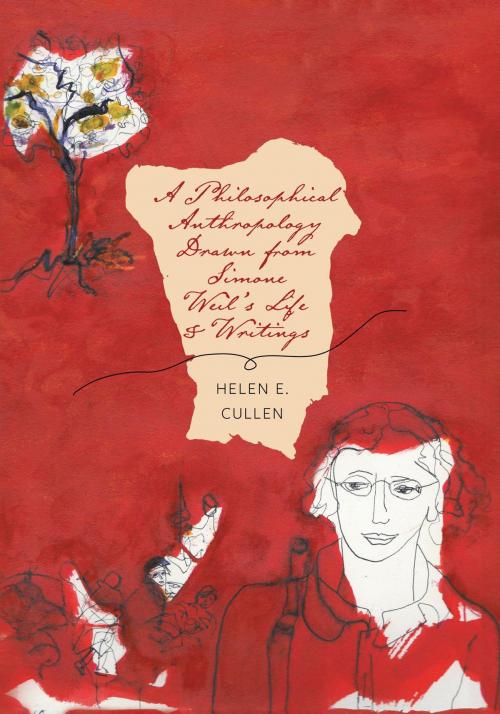A Philosophical Anthropology Drawn from Simone Weil's Life and Writings
Nonfiction, Religion & Spirituality, Philosophy, Political| Author: | Helen E. Cullen | ISBN: | 9781525501814 |
| Publisher: | FriesenPress | Publication: | November 7, 2017 |
| Imprint: | Language: | English |
| Author: | Helen E. Cullen |
| ISBN: | 9781525501814 |
| Publisher: | FriesenPress |
| Publication: | November 7, 2017 |
| Imprint: | |
| Language: | English |
A Philosophical Anthropology Drawn from Simone Weil’s Life & Writings situates Weil’s thought in the time between the two world wars through which she lived, and traces Weil’s consistent conception of a mind-body dualism in the Cartesian sense to a dualism that places the mind within a carnal part of the soul and establishes an eternal part of the soul as the essence of human beings.
Helen Cullen argues that in Weil’s early conception of human nature, her Cartesian conception of perception already shows a glimpse of the eternal. Weil’s dualistic conception also forms the basis of her political analysis of the left of her time, and through working in factories and in the fields, she develops a conception of labour as a theory of “action” and “work with a method.” Weil was influenced by leading thinkers of her time, prompting her to do an analysis of current scientific theories.
Cullen argues that Weil’s analysis of Christianity, already present in Greek philosophy, shows us a theory of “identical thought” inherited from the East (India and China) and brought forth by peoples around Israel. This theory leads to Weil’s analysis, developed in The Need for Roots, of how we’ve been uprooted through colonization and how we can grow roots in a free local society (both rural and urban).
A Philosophical Anthropology Drawn from Simone Weil’s Life & Writings situates Weil’s thought in the time between the two world wars through which she lived, and traces Weil’s consistent conception of a mind-body dualism in the Cartesian sense to a dualism that places the mind within a carnal part of the soul and establishes an eternal part of the soul as the essence of human beings.
Helen Cullen argues that in Weil’s early conception of human nature, her Cartesian conception of perception already shows a glimpse of the eternal. Weil’s dualistic conception also forms the basis of her political analysis of the left of her time, and through working in factories and in the fields, she develops a conception of labour as a theory of “action” and “work with a method.” Weil was influenced by leading thinkers of her time, prompting her to do an analysis of current scientific theories.
Cullen argues that Weil’s analysis of Christianity, already present in Greek philosophy, shows us a theory of “identical thought” inherited from the East (India and China) and brought forth by peoples around Israel. This theory leads to Weil’s analysis, developed in The Need for Roots, of how we’ve been uprooted through colonization and how we can grow roots in a free local society (both rural and urban).















